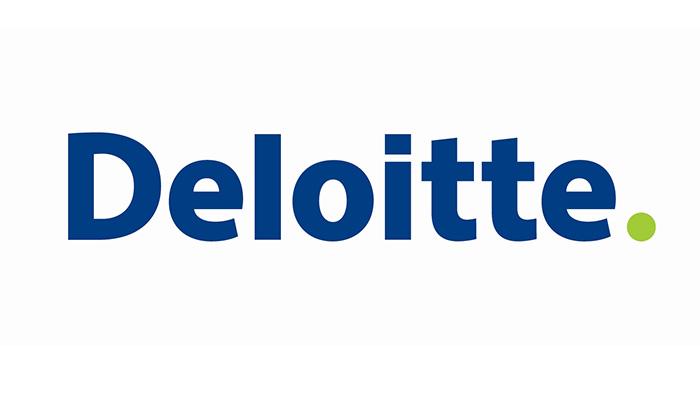
Deloitte: GCC is one step closer to VAT implementation
Agreements were reached in recent days by members of the GCC on certain design aspects of the Value Added Tax (VAT) systems that are expected to be implemented around the region over time. These agreements mark an important step forward in the increasingly important fiscal reform debate and provide a clearer vision as to what the future of tax in the GCC will look like. The big question now is “when” not “if” VAT will be implemented, and, importantly, by which country (or countries) first.
According to a Deloitte recent report VAT is considered efficient, cheaper to operate, less open to fraud, and less likely to distort investment decisions by businesses than any other form of direct tax. The multi-lateral agreements which were revealed this week would appear to be those which are designed, primarily, to ensure that certain social-economic distortions often associated with VAT are minimized. In particular, removing VAT from food products (94 items have been identified), healthcare and education would appear to reflect a broad desire to ensure that these vital household expenditure items are not directly impacted by a VAT in the GCC.
“That negotiations around financial services are ongoing is, to some extent, to be expected. It is a challenging area and there are numerous issues at play here,” explains Stuart Halstead, indirect tax leader at Deloitte Middle East. “The first is that financial services are notoriously “difficult” to apply VAT to from a technical perspective; precisely identifying the value added of a financial service can be difficult for institutions themselves, let alone tax authorities charged with checking that the institutions got their sums right.”
In addition, policy makers are generally concerned about unnecessarily taxing investment and savings products. From the perspective of many, such instruments do not represent consumption per se, but rather the creation of wealth for the purposes of enabling consumption in the future. Taking that analysis one step further, there are those that feel that applying VAT to any financial instrument that merely enables consumption (e.g. lending) is also potentially harmful.
Finally, most of the GCC members are seeking to grow their financial services market presence to some extent – it is unlikely that they would want to enable significant tax and associated market distortions to emerge around the region. That being said there are some reasonably straight forward remedies to the issue of applying VAT to the financial services industry and we are confident that these will have been examined at length,” he explains.
“The UAE Ministry of Finance reiterated its commitment to an 18-24 months decision-to-implementation timescale, a move that should be welcomed by the business community. Providing businesses with adequate time to prepare is an important factor that contributes towards the successful implementation of a tax, particularly given the vital role that businesses play when collecting and remitting VAT to the authorities,” concluded Nauman Ahmed, partner and regional tax leader at Deloitte Middle East.

























